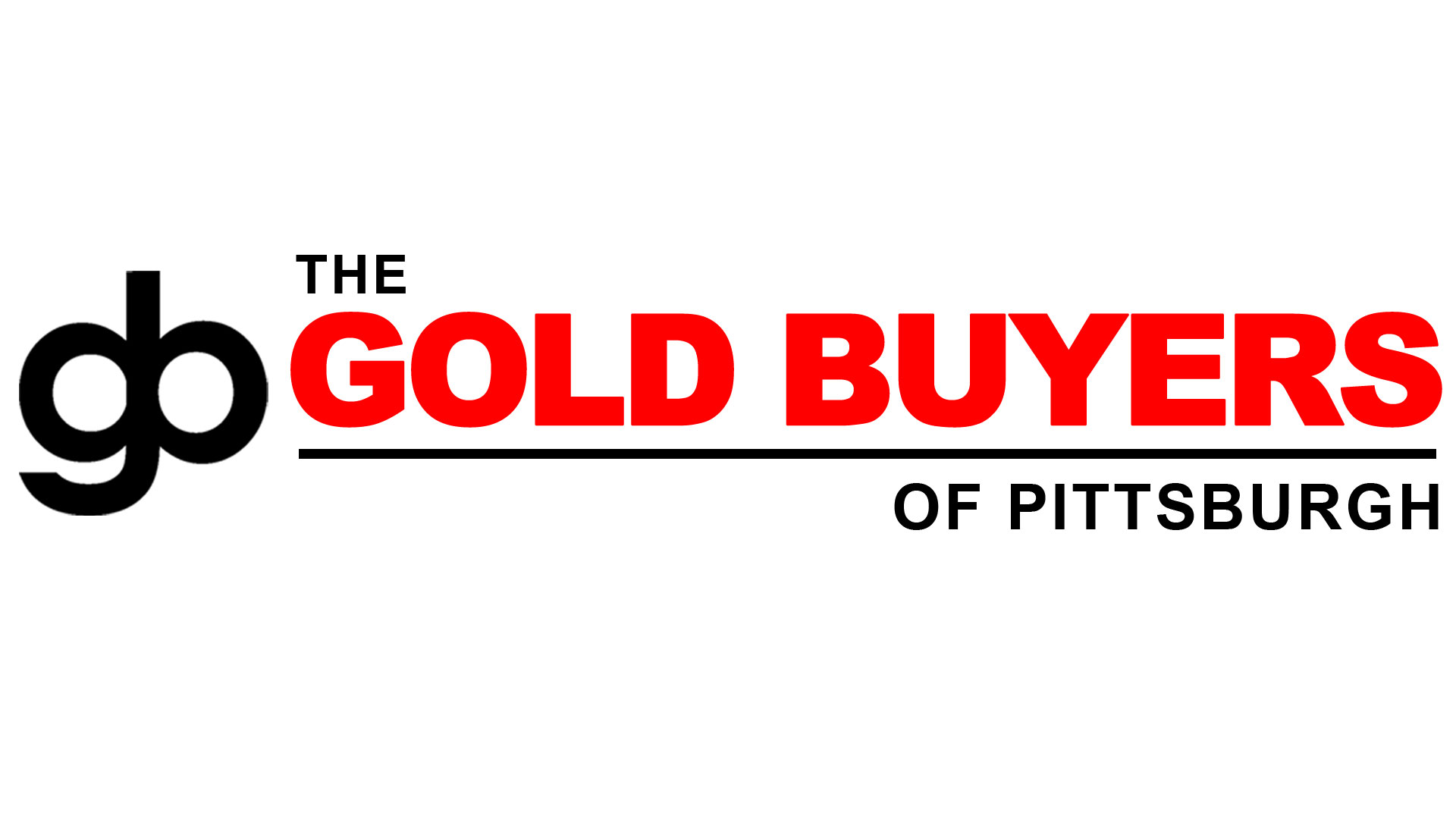Navigating the Intricacies of Selling Precious Metal to Buyers in a Challenging Market
Navigating the Intricacies of Selling Precious Metal to Buyers in a Challenging Market
Blog Article
Selling gold can be a lucrative venture, but it also comes with its own set of obstacles. In a fierce market, understanding how to navigate the selling process is essential for securing the optimal value for your assets. Whether you are offloading ornaments, currency, or bullion, knowing the appropriate steps to take can help you maximize your profits. This article will explore the key factors to consider when selling gold, including market trends, appraisal, and locating the suitable buyers.
One of the first aspects to consider when selling precious metals is the current market trends. Precious metals valuations fluctuate based on multiple elements, including economic conditions, inflation rates, and international demand. Staying an watch on these trends can help sellers decide the optimal time to transact. For instance, if the price of precious metals is high, it may be a good opportunity to offload. On the other hand, if valuations are diminished, it might be prudent to wait until they rise. Researching industry trends can provide valuable insights and help sellers make informed choices.
Valuation is another crucial factor of selling gold. Before putting gold on the platform, it is essential to understand its worth. This entails understanding the purity of the precious metals, which is measured in fineness, and the mass of the item. Vendors should think about getting their gold valued by a professional to guarantee they have an accurate assessment. An appraisal can provide a clear understanding of the asset's market worth, which can help in discussions with potential buyers. Understanding the value of the gold can also stop sellers from accepting bids that are too low.
Locating the right clients is crucial in a fierce market. There are multiple choices available for transacting gold, including pawn brokers, digital marketplaces, and dedicated precious metals buyers. Each choice has its pros and disadvantages. For instance, pawn shops may provide quick cash but often at diminished prices, while digital marketplaces can provide entry to a larger clientele but may require more work to list and transact the items. It is crucial for sellers to investigate potential clients and choose the one that matches with their selling objectives. Establishing connections find out with trustworthy buyers can also result to better bids and a smoother transacting experience.
When selling precious metals, it is also important to be cognizant of the legal and moral factors involved. Vendors should make sure that they are adhering with local laws regarding the sale of precious metals. Additionally, being transparent about the state and history of the assets can build trust with clients. Ethical transacting practices not only protect the vendor but also contribute to a favorable reputation in the market. This can result to repeat business and referrals, which are valuable in a fierce environment.
In summary, transacting gold in a fierce market requires thoughtful preparation and consideration. By remaining aware about industry trends, comprehending the valuation of gold, finding the right clients, and complying to regulatory and ethical guidelines, sellers can navigate the challenges of the gold market successfully. With the appropriate approach, transacting gold can be a rewarding venture that meets the vendor's financial requirements.